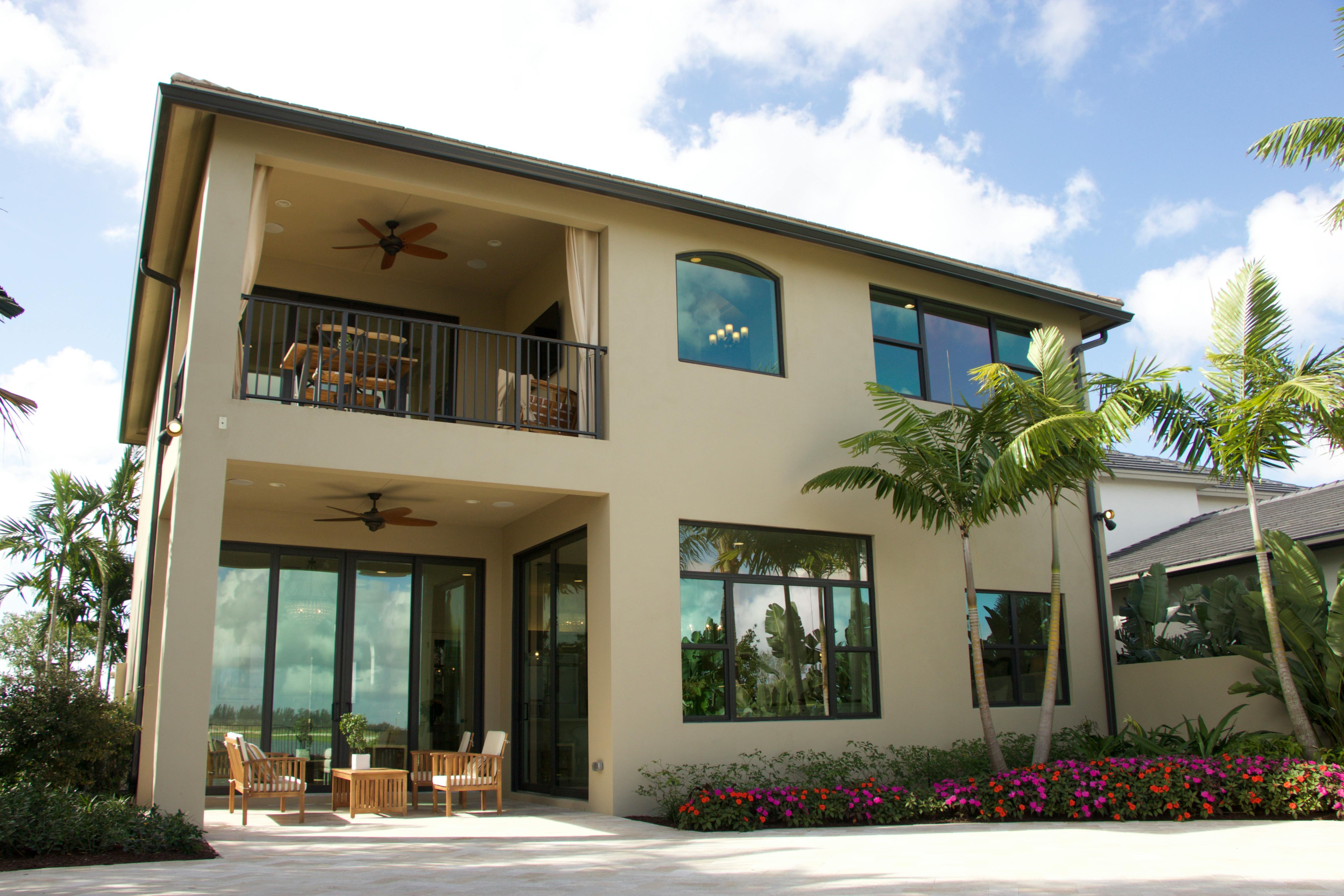Published January 7, 2025
A Comprehensive Guide to Buying a New Construction Home in South Florida

Purchasing a new construction home in Florida offers exciting opportunities to enjoy modern designs, energy-efficient features, and a home tailored to your preferences. However, the process requires careful planning and understanding of local factors. Here’s a step-by-step guide to help you navigate buying a new construction home in the Sunshine State.
Why Work with a Real Estate Agent?
A knowledgeable agent familiar with Florida’s market can:
Guide you through builder negotiations and contracts.
Help you understand local factors, such as Community Development Districts (CDDs) and hurricane preparedness.
Provide market insights and comparisons
Step 1: Define Your Home Preferences
Clarify what you’re looking for to streamline your search:
Location: Decide on the city or region, such as South Florida, the Gulf Coast, or Central Florida. Consider proximity to beaches, schools, or major cities.
Home Size: Determine the number of bedrooms, bathrooms, and square footage.
Community Features: Consider whether you want a gated community, golf course access, or resort-style amenities.
Budget: Establish a realistic price range, including funds for upgrades and unexpected costs.
Step 2: Research Builders and Communities
Florida is home to many reputable builders, each offering unique communities and home styles. Key factors to consider:
Builder Reputation: Look for reviews, testimonials, and completed projects.
Community Amenities: Pools, clubhouses, fitness centers, and walking trails are common in Florida.
HOA Fees and CDDs: Understand Homeowner Association (HOA) fees and Community Development District (CDD) charges, which cover shared amenities and infrastructure.
Step 3: Visit Model Homes and Sales Centers
Touring model homes is an essential step to understanding what each community offers:
Standard vs. Upgrades: Builders often showcase upgraded features in their model homes. Confirm what’s included in the base price and the cost of additional features.
Design Centers: Some builders allow you to choose finishes like flooring, countertops, and fixtures at a design center.
Step 4: Understand Builder Contracts
Builder contracts in Florida are different from standard real estate contracts. Key details to review:
Completion Timeline: Construction schedules can be affected by weather or material delays. Confirm estimated timelines.
Deposit Requirements: Deposits for new construction homes are usually higher than for resale homes. They can range from 5%-20% of the home price and are typically non-refundable.
Warranty Coverage: Florida builders are required to provide specific warranties for structural, mechanical, and workmanship issues.
Step 5: Secure Financing
Many builders in Florida offer incentives for using their preferred lenders, such as closing cost assistance or lower rates. Financing tips include:
Loan Pre-Approval: Get pre-approved to understand your budget.
Deposit Schedule: Be prepared for deposits at contract signing and throughout construction.
Closing Costs: In Florida, closing costs can include title insurance, state taxes, and builder fees.
Step 6: Plan for Inspections
While new homes are built to code, independent inspections can ensure quality:
Pre-Drywall Inspections: Check the structure, wiring, and plumbing before the walls are sealed.
Final Walkthrough: Inspect the finished home with the builder to identify and resolve issues before closing.
Step 7: Closing and Move-In
As construction nears completion, you’ll finalize your purchase:
Closing Timeline: Florida builders may adjust closing dates due to construction delays, so stay flexible.
Move-In Costs: Budget for essentials like landscaping, window treatments, and furnishings.
HOA Rules: Review the HOA’s guidelines, including landscaping standards and rental restrictions.
Additional Considerations for Florida
Hurricane Preparedness: Verify that the home meets Florida’s strict building codes for hurricane resistance, including impact windows and reinforced roofing.
Flood Zones: Check if the property is in a flood zone and understand insurance requirements.
Energy Efficiency: Many Florida builders include energy-efficient appliances, solar panels, and smart home technology.
Buying a new construction home in Florida offers the chance to live in a modern, customized space in a desirable location. By following this guide and working with the right team, you can make the process seamless and enjoy your dream home under the Florida sun!






